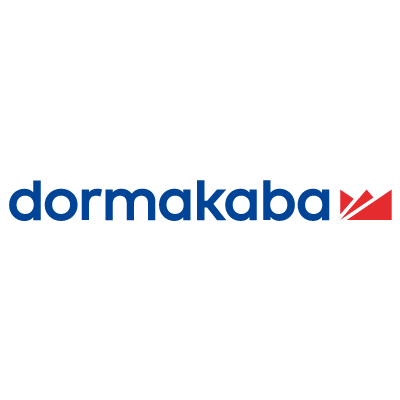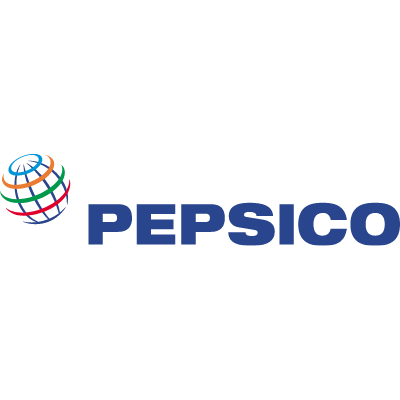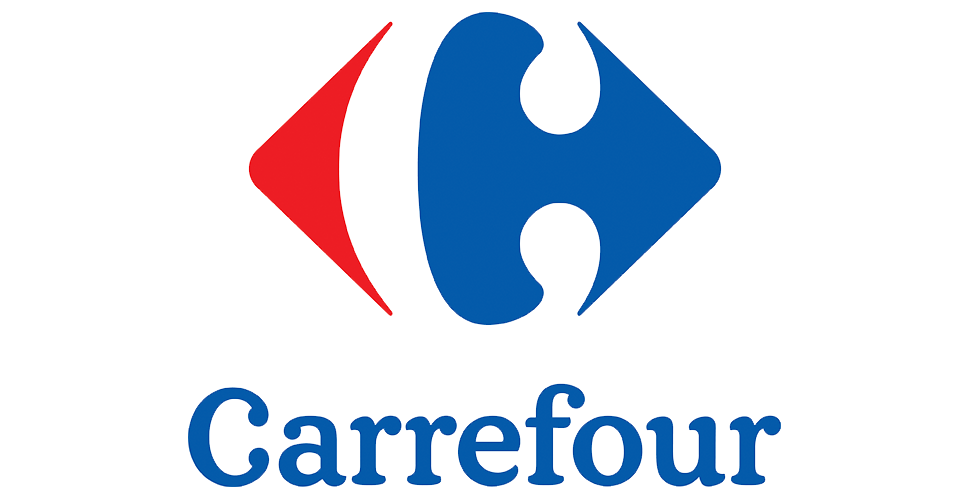Once you have decided to outsource your custom software development projects, you need to find a reliable outsourcing partner. Where? Well, Poland might be an excellent nearshoring destination. Read on to know why.
Nearshore software development can be considered a middle ground between onshoring, where your outsourcing partner comes from your country, and offshoring, where it is located overseas. So “near” in this context could mean:
- geographic proximity—the country where the partner is located borders your own, or a sea or other countries is separating the two;
- time zone proximity—business hours are the same or there is a minimal time difference;
- language proximity—the overall quality of English instruction in the country and how IT professionals feel about communicating in English;
- cultural proximity—dealing with cultural differences can be tough, so it is important to share similarities in terms of service expectations, maintaining deadlines, and how to say “no”.
In a post-pandemic world where people are accustomed to working remotely, nearshoring is trending as an alternative to the traditional body leasing model in which clients expect outsourced employees to work on-site as a part of their internal teams. Body leasing was once thriving, but now, nearshore software development offers more business benefits. So, the key is to find the right country and the right partner to work with.
Poland—an all-inclusive package for nearshore software development
In an ideal scenario, your outsourcing partner should come from a country that offers all four types of proximity.
In fact, Poland is a great example of such a country. Located in Central Europe, it is easily accessible with at most a two-hour flight from DACH countries, the UK and Scandinavia. The time zone for these counties and Poland is the same or has a negligible difference of one hour.
According to the EF English Proficiency Index, the world’s largest ranking of countries and regions by English skills, Poland ranked 16 among 112 countries in 2021. This means a high level of proficiency. Additionally, many Polish IT professionals work with English-speaking clients, so English is their main working language. Language barriers will not hinder the successful completion of your software development project.
Last but not least, cultural similarities. It can be tough to deal with cultural differences, especially when they have a negative impact on your project’s timeline. Working with a Polish nearshore company makes everything much simpler, as Poles and Western Europeans share similar work ethics, sense of responsibility and ways of communication.
The cradle of tech talent
HackerRank, a tech talent recruitment platform publishing coding challenges for both developers and companies, published its ranking of the best developers in the world in 2016. Their ranking is based on coding challenges spanning various languages and knowledge domains, from Python to algorithms to artificial intelligence to security. The developers solving these challenges are scored based on a combination of their accuracy and speed. There are over 1.5 million developers ranked, and their number is constantly increasing.
HackerRank data shows that the best ones come from China, but the third place was taken by developers from Poland. In the Java challenges, Polish devs took first place, and in Python and algorithms, they were ranked second.
What is also important, the Poles took third place among the developers that never give up, i.e., they persist in solving challenges before making any progress. This shows that, apart from a high level of programming skills, they also have a great dose of perseverance, allowing them to reach their goals despite difficulties.
The Polish coders have been successful in many coding competitions all over the world. In 2014, the Polish team Need for C made up of a student, a graduate, and a researcher from the Poznan University of Technology won the world’s first computer coding championship held in Helsinki, Finland.
In 2017, the University of Warsaw Team—Warsaw Eagles—took second place in the ACM International Collegiate Programming Contest (ACM ICPC), which is considered to be the most prestigious programming contest for students. In 2017, the ACM ICPC World Finals took place in Rapid City, South Dakota, USA.
Currently, Polish coders are ranked sixth in the ranking by Topcoder and have won 14 times in different categories in the Topcoder Open (TCO), an annual design, software development, data science and competitive programming championship.
Polish secondary school students regularly win medals in the International Olympiad in Informatics (IOI). As of 2021, Poland is ranked fifth when it comes to the total number of gold medals won (41) in all editions (33) the country has participated in.
Quality is king
In a nutshell, software development comes down to delivering high-quality software. And the outstanding results Polish programmers have been obtaining in international programming contests for many years allow you to expect the same level of quality from your software development company.
Of course, every good thing comes with a price. But developers’ average annual salary in Poland, even with the last increase, is still considerably lower than salaries in Western Europe or in the US.
All this means that you can find your Holy Grail of nearshore software development in Poland: highly skilled developers with a significant cost advantage.
The Polish ICT industry is booming
clutch.co, a popular business catalogue, lists more than 1000 Polish software houses providing this type of service, mostly for international clients under the keyword “software developers”. And in fact, ICT exports in Poland are growing: from EUR 4,813.4 m. in 2016 to 8,235.9 m. in 2020, which is 1.58% of the Polish GDP. As of 2020, the number of ICT employees is 445,750, which is 2.7% of the total number of employees. This figure is expected to reach almost 500k in 2022.
In February 2022, the Polish business service exports including business process outsourcing (BPO), shared services (SSC/GBS), IT and research and development centers (R&D) reached the value of $26.4 billion, which is a record jump of 15.1 percent year-on-year. It is important to underline that this growth and the creation of new jobs were achieved despite the turmoil caused by the pandemic.
According to StackOverflow data from 2017, in the Central and Eastern Europe (CEE) region, including such countries as Poland, Ukraine, Romania, and the Czech Republic, there are one million developers, and 25% of them live and work in Poland.
Additionally, a report by Google and Dealroom shows that Poland has the most unicorns (i.e. tech companies that are currently valued at more than one billion dollars or that may be worth less, but exited at $1B+) in the CEE region. These are Allegro, CD ProjectRed, or InPost, to name just a few.
And so is Polish ICT education
According to Eurostat data, more than 10k Information and Communication Technologies students get their bachelor’s or master’s degrees annually, which is one of the highest numbers in the entire EU and definitely the highest among countries of the CEE Region. So, if you need to extend your nearshore software development team with junior positions, you will always find plenty of young tech talent eager to master new skills.
Last but not least, this regular inflow of ICT graduates to the Polish labor market means that tech talent shortage, so acutely felt in many countries, can be to some extent mitigated by offering professional development paths for junior developers.
Polish nearshore software development companies—what to look at when choosing one
If you have already decided to buy nearshore software development services from a Polish software house but do not know where to start, we have prepared a short checklist with the main points to cover.
Match tech expertise with your needs
First of all, you need to make sure the company you want to hire possesses the technical expertise necessary for your project. Usually, software houses specialize in certain technologies. Also, you need to check if they can back their claims with case studies showing real-life projects done for real clients.
Check how fast your software house can build a development team
Given the tech talent shortage on the market, the effective time for building a nearshore development team from scratch can be very long. Body leasing companies need to start a recruitment process to find the right people. Obviously, it takes time, a resource you often do not have. Therefore, it is better to work with software houses that have in-house teams you can hire for your project in a much shorter time, usually from six to eight weeks.
Choose the nearshore software development model
Staff augmentation, a dedicated team or a hybrid model—which one to choose? To be honest, extending your in-house team with external IT specialists, which is usually called “body leasing”, is becoming a song of the past. Now, everybody is working remotely, which promotes dedicated or hybrid teams as better solutions. Hiring an entire software development team might be a better option, especially for mid- or long-term projects.
Optimize the size and the composition of your nearshore development team
If a development team is too big, you will burn money paying for their idle time. If it is too small, it will need to rush to meet the deadline. Too much work might have a negative impact on its morale and the overall quality of software delivered. So, together with your nearshore development partner, carefully analyze the project scope, task backlog, solution architecture and technology stack to be sure your team has enough skills and programmers to deliver the project on time and on budget.
Make sure you pay for the work done
When billing for nearshore development services, it is essential to choose a type of contract that will allow you to pay for work results, i.e., software functionalities delivered that met the acceptance criteria. Despite being very popular, a time and materials (T&M) contract, in which the payment for the services provided is based upon the working time reported by team members and their agreed hourly rate, will not be enough.
With a typical T&M contract, you might end up paying for the number of developer hours worked, but not for real effects. Therefore, you need something better, a Quoted Time and Materials (QT&M) contract, in which payments are bound to the number of software functionalities delivered and accepted. QT&M will allow you to stay on the safe side and avoid financial burnout in your software development project.
Make sure your nearshoring company minimizes the risk
What if a member of your team gets sick, performs poorly or resigns? This can be a serious disruption in your project timeline. Therefore, ask your nearshoring company if they have a replacement procedure in place. Such a procedure should specify:
- how fast a new team member can be found,
- when a new team member can start working on the project,
- how project knowledge is transferred between an old and a new team member,
- how a new team member is onboarded to the project and when,
- who will cover the costs of replacement.
Take care of legal matters
Security, confidentiality, GDPR compliance, copyrights—all of this must be covered in a contract for software development services you are signing with your partner. Additionally, it is good business practice to add a non-solicitation clause, i.e., promises from both sides not to hire team members from the opposite side. This clause enhances the mutual trust between partners.
Hiring a software development team is just the beginning. Make sure your partner knows how to organize its work and can provide developers with all necessary tools, software licenses, hardware and infrastructure. Also, a reliable nearshore software development company should take retention seriously in order to provide high-quality services.
Why nearshore to Poland—a wrap-up
As you can see, nearshoring to Poland offers many tangible benefits. In fact, there are so many that outsourcing your IT to Poland might ruin your life: no more communication problems, high quality of software delivered, and great cost optimization. No worries and plenty of free time. Of course, this is just a joke, but it summarizes well why you should seriously consider nearshore software development in Poland.
Want to get an in-depth introduction to nearshore software development? Get your copy of our CTO’s guide to the galaxy of outsourcing.









